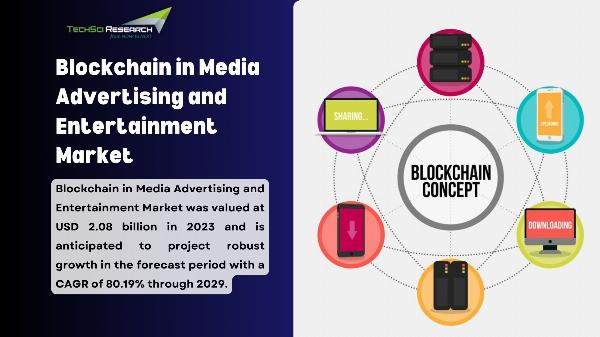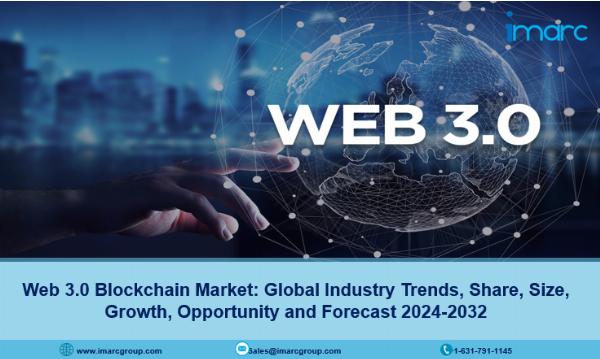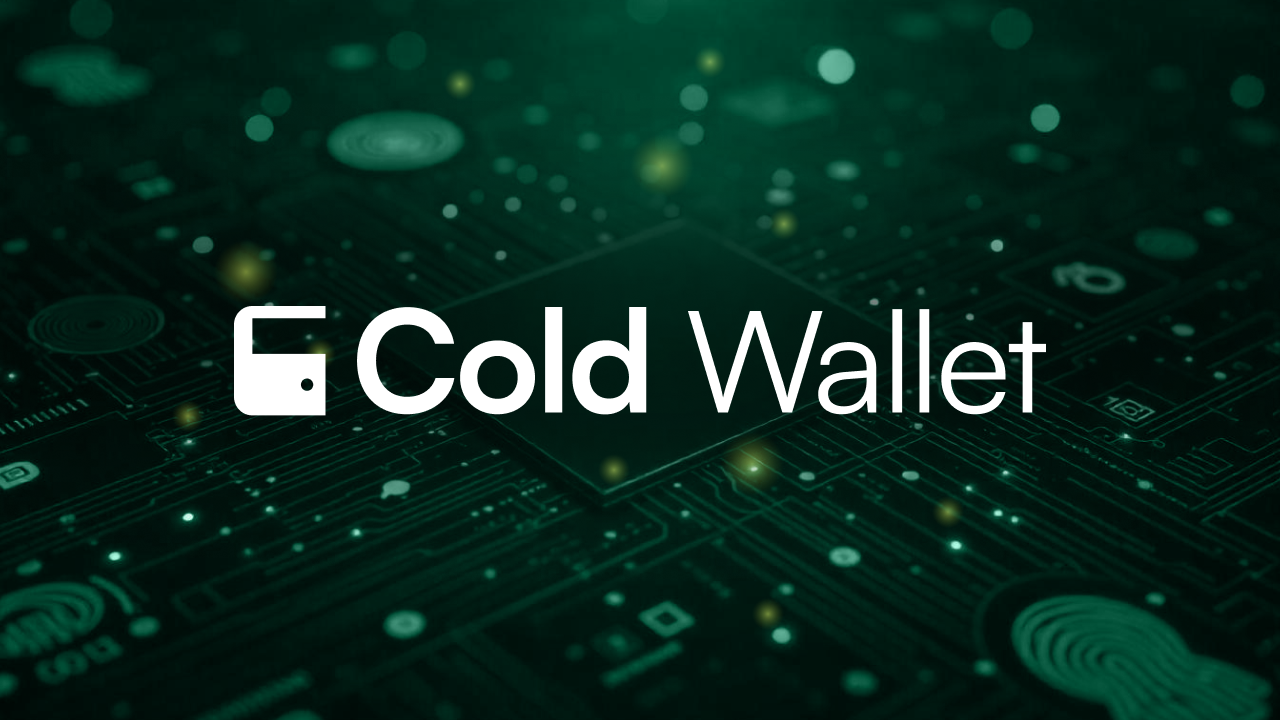The healthcare industry has always been a sector where data security, transparency, and trust are paramount. With increasing digitalization, healthcare systems are grappling with issues related to data breaches, inefficiencies, and complex administrative processes. One of the emerging technologies that promises to address these challenges is Blockchain in Healthcare. Blockchain, a decentralized and distributed ledger technology, is finding numerous applications in this field, driving innovation and improving patient outcomes.
In this article, we explore how blockchain is transforming the healthcare landscape, from securing patient data to enhancing drug supply chain management, and its potential for future advancements.
What is Blockchain?
Before diving into its applications in healthcare, it’s important to understand what blockchain is. A blockchain is a decentralized digital ledger that records transactions across multiple computers. Each block in the chain contains a number of transactions, and once data is entered, it cannot be altered or tampered with. This immutable nature makes blockchain ideal for sectors that require transparency, security, and accountability, including healthcare.
Key Benefits of Blockchain in Healthcare
Blockchain technology offers several advantages that directly address some of the most pressing issues in healthcare. Here are a few ways it’s benefiting the sector:
1. Enhanced Data Security and Privacy
In an era where cyberattacks are becoming more sophisticated, securing patient data is crucial. Blockchain in Healthcare ensures that sensitive medical records are encrypted and stored across multiple nodes, making unauthorized access extremely difficult. Patients can also have control over their data, sharing it selectively with healthcare providers while ensuring privacy.
2. Improved Interoperability
The healthcare system is often fragmented, with different systems and databases for medical records, insurance, and prescriptions. Blockchain offers a universal system that can integrate various databases and allow seamless data sharing across different healthcare providers. This interoperability enhances collaboration and reduces errors caused by data silos.
3. Streamlined Supply Chain Management
Blockchain can be used to track the entire lifecycle of pharmaceutical drugs, from production to delivery. This ensures that drugs are authentic and not counterfeit, which is a growing concern in the global healthcare market. A blockchain-based system allows every transaction along the supply chain to be recorded, improving transparency and reducing fraud.
4. Simplified Billing and Payments
One of the challenges in healthcare is the complexity of billing and insurance claims. Blockchain can streamline these processes by providing an immutable record of transactions, reducing billing errors, fraud, and administrative costs. This can speed up the reimbursement process and improve cash flow for healthcare providers.
Applications of Blockchain in Healthcare
Now that we’ve explored the benefits, let's delve into some of the specific applications of Blockchain in Healthcare.
1. Electronic Health Records (EHR)
Electronic Health Records are crucial for managing patient data, but they come with concerns over security, access, and sharing. Blockchain can address these issues by offering a secure and decentralized platform for storing EHRs. Blockchain’s immutable nature ensures that once a record is entered, it cannot be tampered with, providing a transparent and accurate history of the patient’s health.
Moreover, patients can have more control over who accesses their health information. With a blockchain-based system, they can grant or revoke access to their medical records with a simple click, enhancing privacy while ensuring that healthcare providers have the most up-to-date information.
2. Drug Traceability and Counterfeit Prevention
The global market for counterfeit drugs is valued at billions of dollars, with harmful consequences for patient safety. Blockchain in Healthcare can help prevent this by providing a transparent, immutable record of every transaction along the drug supply chain. From manufacturer to distributor to pharmacy, each step can be documented, ensuring that only authentic drugs reach the consumer.
Pharmaceutical companies like Pfizer and GlaxoSmithKline have already begun testing blockchain technology for this purpose, and it shows great promise in reducing counterfeit drugs and enhancing the trust in the supply chain.
3. Clinical Trials and Research
Clinical trials are a vital part of medical research, but they are often criticized for being inefficient, lacking transparency, or having data manipulation issues. Blockchain can help by providing a transparent and secure way to document trial results, ensuring that all data is tamper-proof and accessible to researchers in real-time. This improves the reliability of research outcomes and accelerates the approval process for new drugs and treatments.
4. Telemedicine and Remote Patient Monitoring
The rise of telemedicine and remote monitoring has made healthcare more accessible, but it has also introduced new challenges related to data sharing and security. Blockchain can help by providing a secure, interoperable platform for exchanging data between patients, doctors, and healthcare providers. This makes remote care more efficient while ensuring that sensitive medical information is protected.
5. Insurance and Claims Processing
Insurance fraud and administrative inefficiencies are major pain points in the healthcare industry. By using blockchain, insurance claims can be processed more efficiently and accurately. Each patient’s claim and treatment history can be securely stored, reducing the need for repetitive paperwork and ensuring quicker claim resolution.
Challenges to Blockchain Adoption in Healthcare
While the potential benefits of blockchain are immense, there are still challenges to widespread adoption in healthcare. These include:
1. Regulatory Concerns
Healthcare is a heavily regulated industry, and implementing blockchain technology requires compliance with various laws and regulations. In many regions, data privacy laws such as HIPAA in the U.S. and GDPR in Europe may pose barriers to the adoption of blockchain in healthcare.
2. Integration with Existing Systems
Most healthcare systems rely on legacy technologies that are not compatible with blockchain. Integrating blockchain into existing infrastructure can be complex and costly. Hospitals and other healthcare providers need to invest in new technologies and processes, which may require significant resources.
3. Scalability Issues
Blockchain networks can face scalability challenges when dealing with large volumes of data. Since healthcare generates massive amounts of data every day, scaling blockchain solutions to accommodate this data without compromising performance can be a significant hurdle.
Conclusion
Blockchain in Healthcare has the potential to revolutionize the industry by improving data security, transparency, and efficiency. From securing patient health records to preventing counterfeit drugs and streamlining insurance claims, blockchain is poised to address many of the current challenges facing the healthcare sector. While challenges remain, ongoing research and pilot projects suggest that blockchain will play an increasingly vital role in the future of healthcare. As the technology matures, it will pave the way for a more secure, transparent, and efficient healthcare system that benefits both patients and providers alike.
With its unique ability to provide secure, transparent, and interoperable solutions, blockchain could be the key to unlocking a new era of healthcare innovation.








Impressive how the use of blockchain is transforming and enhancing trust, transparency & integrity within today's healthcare industry while facilitating secure data management at lightning speed.
Blockchain technology is transforming the healthcare industry with its unparalleled capacity for improved data security, transparency and efficiency - facilitating trust in information exchange between providers and empowering patients to better manage their health records.
Blockchain technology is revolutionizing the healthcare industry by enhancing transparency, security of data transactions and enabling innovative solutions for patient care.
The deep-seated transformation witnessed in the healthcare industry today can be largely attributed to how blockchain technology is empowering it through enhanced data security, transparency of transactions and decentralization.
Blockchain is revolutionizing the healthcare industry by ensuring secure data exchange, accelerating drug development processes and improving patient privacy amidst a trust-deficit landscape.
Blockchain technology represents a groundbreaking force that is revolutionizing the healthcare industry, empowering transparency and security in data sharing like never before.
Blockchain's immutability, transparency and security are revolutionizing the healthcare industry by empowering trust-based transactions while enhancing patient data protection.
Blockchain is revolutionizing the healthcare industry by enhancing security, transparency and efficiency across supply chains while fostering better patient data management.
Blockchain, with its immense potential for enhancing data security and transparency in healthcare transactions, is fundamentally reshaping the industry's landscape into a more efficient and trustworthy ecosystem.
The adoption of blockchain is transforming the healthcare industry with its ability to enhance data security, transparency and access control while fostering a more patient-centric approach.
Blockchain technology is revolutionizing the healthcare industry by enhancing data security, fostering trust in transactions between patients and providers alike while facilitating seamless sharing of medical records.
Blockchain technology is poised to revolutionize the healthcare industry, enabling secure data exchanges and fostering trust in a previously opaque medical environment.
Blockchain's decentralized, immutable nature is revolutionizing the healthcare industry by enhancing data security and improving patient privacy while fostering more efficient supply chain management.
Blockchain technology is poised to revolutionize the healthcare industry through its ability for secure, transparent data sharing and immutability in medical records.
Blockchain technology is revolutionizing the healthcare sector by enhancing data security, fostering transparency in patient information management and enabling seamless collaboration across medical networks.
Blockchain technology is revolutionizing the healthcare sector with its unparalleled security, transparency and efficiency in data sharing; fostering a greater trust among patients'information holders for seamless human care provision.














